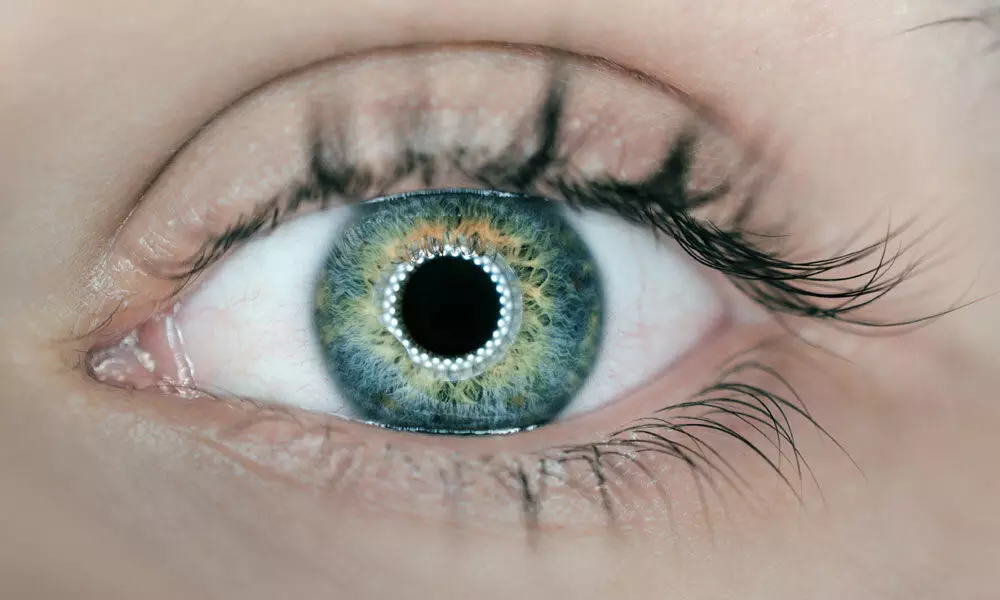Seeing spots or flashes? This maybe a sign of eye cancer

Seeing spots or flashes? This maybe a sign of eye cancer
Hearing the word ‘Cancer’ may lead you to think about something grave as it is the top most cause of death. A cancer of the eye is uncommon, however, the most seen type of eye cancer is the intraocular melanoma.
Bengaluru: Hearing the word 'Cancer' may lead you to think about something grave as it is the top most cause of death. A cancer of the eye is uncommon, however, the most seen type of eye cancer is the intraocular melanoma.
Despite the fact that most types of cancer may display clear indications or symptoms, the eye cancer is hard to diagnose as these symptoms are similar to other eye conditions. "Bulging of one eye, partial or complete loss of sight, lump on the surface of the eye and the eyelid, blurry vision, change in the appearance of the eye, seeing spots or flashes, a dark spot in the iris and chronic inflammation of the conjunctiva, are the few possible symptoms of eye cancer. These symptoms can be spotted during a regular eye check-up," Dr. Pinaki Mahato, Director of HCG Cancer Centre, tells The Hans India.
Recently, a 47-year-old woman went to an eye clinic as she felt that she had an itchy eye which later turned out to be cancer. "After an examination, there was something protruding from her eyelid. Further, we found a black-pink pigmented lesion that started expanding day-by-day. A popular drug to treat other cancers was used to treat this type of cancer, which was diagnosed as Ocular melanoma, only occurring in one out of every five million adults," states a researcher.
"If the condition is identified at an early stage, it can be treated easily and successfully. The aim of the treatment is to save the eye and to stope the cancer from spreading to other parts of the body. Wear sunglasses while stepping out in the sun to protect your eyes from UV rays. The symptoms may look like other problems but it is always better to consult an expert before it is too late," concludes Dr. Mahato.

